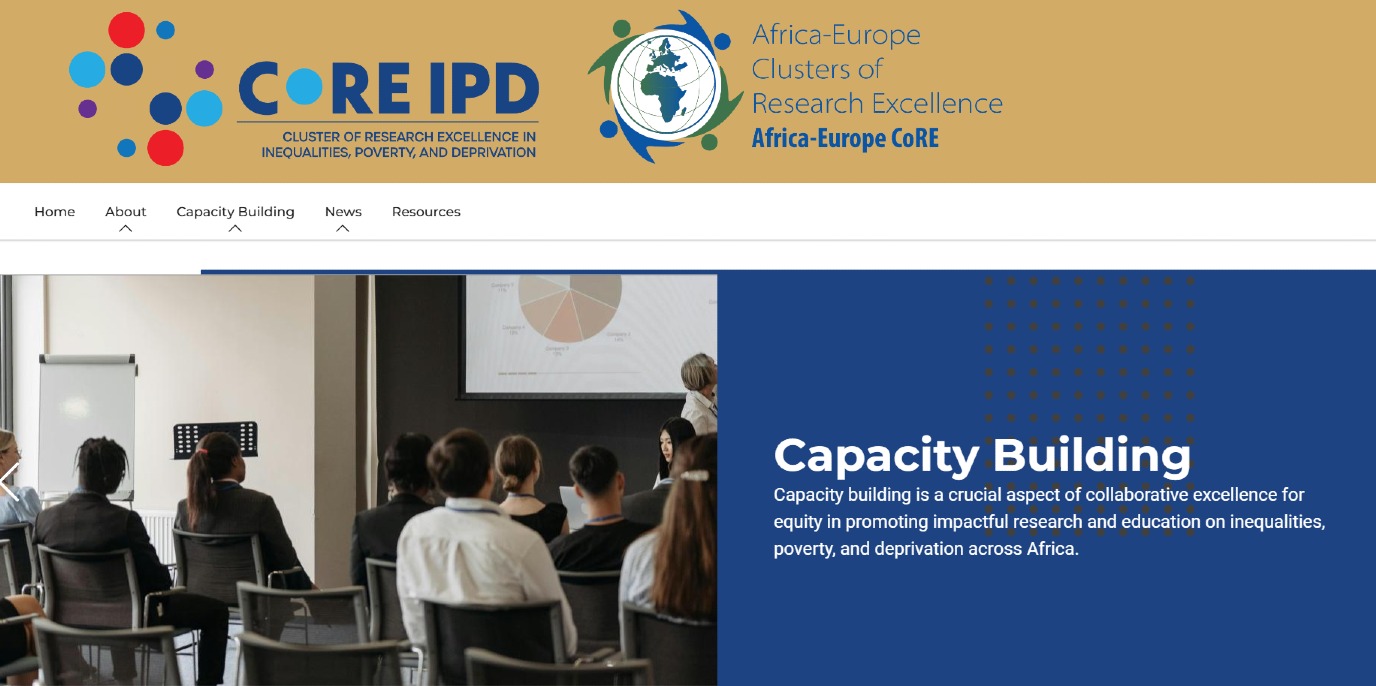Inequalities, Poverty, and Deprivation (CoRE IPD)
African and European universities have joined forces to explore the interconnected issues of inequality, poverty, and deprivation, collectively referred to as IPD.
The Cluster of Research Excellence on Inequalities, Poverty, and Deprivation (CoRE IPD) is one of the 17 research clusters initiated by the African Research Universities Alliance (ARUA) and The Guild of European Research-Intensive Universities (The Guild). Its mission is to pioneer a novel approach to fostering equitable collaboration and enhancing capacity in this critical field.
Professor Robert Lensink, from the Faculty of Economics and Business (FEB), will lead CoRE IPD in collaboration with Professor Murray Leibbrandt, the director of the African Centre of Excellence for Inequality Research (ACEIR) at the University of Cape Town, South Africa. Additional partners include the Universities of Aarhus, Ghana, Göttingen, and Nairobi.
Primary Focus and Objectives
The primary scientific challenge that CoRE IPD will tackle is the reduction of inequality to alleviate poverty and deprivation in Africa. The continent faces some of the most significant interregional disparities in inequality globally, with several Southern African countries ranking among the most unequal. This challenge is a common thread woven through nearly all the social development goals (SDGs).
CoRE IPD has delineated six interdisciplinary themes to guide its concentration. These themes encompass:
-
Unearthing the historical factors influencing inequality.
-
Investigating structural transformations, employment dynamics, and their impact on inequality.
-
Exploring agricultural development, food security, and nutrition, all in the context of inequality.
-
Examining the interplay of climate change, migration, social cohesion, and equity within societies.
-
Analyzing disparities in health access and outcomes.
-
Promoting financial inclusion while addressing issues of inequality.
In each of these themes, we will place specific emphasis on comprehending the unique circumstances of women and youth, as well as identifying pathways toward their sustainable futures.
Long Term Vision
What sets CoRE IPD apart is its enduring commitment to collaboration. We aspire to continue working together to bolster research and teaching capabilities. Our future plans include the establishment of joint Master's and Ph.D. programs and the provision of training opportunities for policymakers, civil society organizations, and businesses.
Notable Information
In Groningen, CoRE IPD will operate as a research project within the Development, Security and Justice theme of the Rudolf Agricola School for Sustainable Development. CoRE IPD also maintains close affiliations with themes like 'Future Prosperity' at FEB.
Contact - Academic Lead
prof. dr. Robert Lensink (Faculty of Economics and Business)
-
tel. 050 36 33712
-
tel. 050 36 37068 (secretariat)
-
E-mail: b.w.lensink rug.nl
Related Sustainable Development Goals
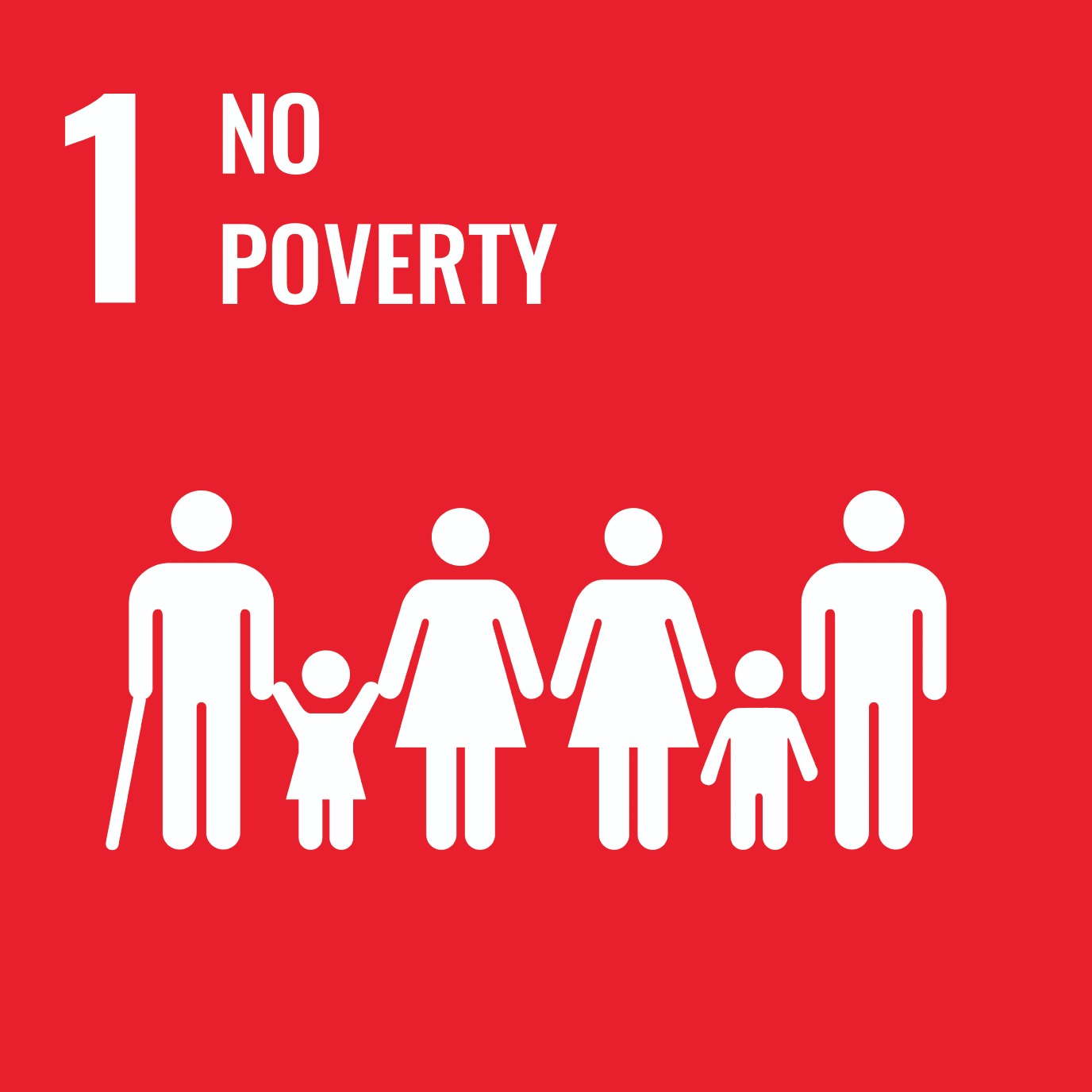
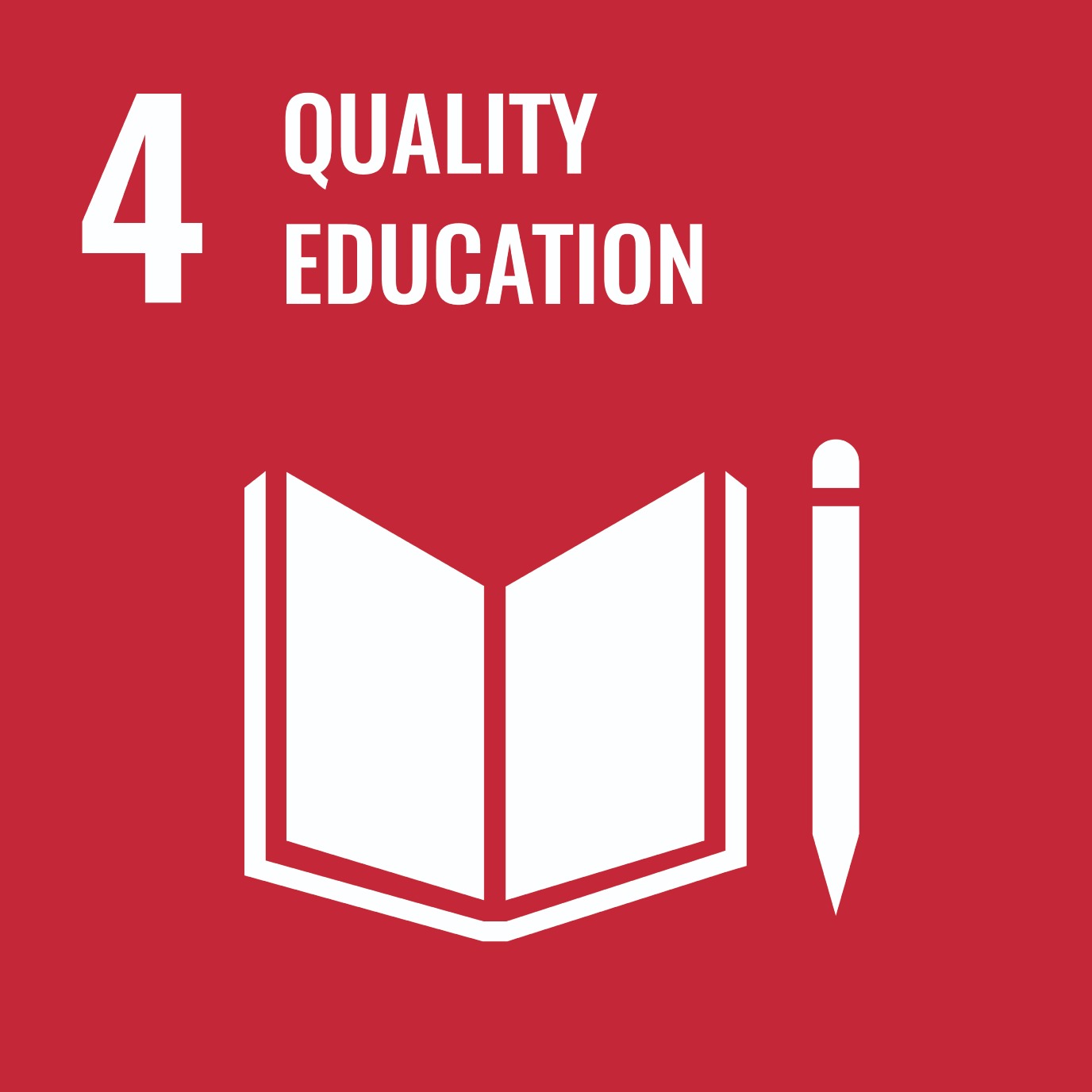
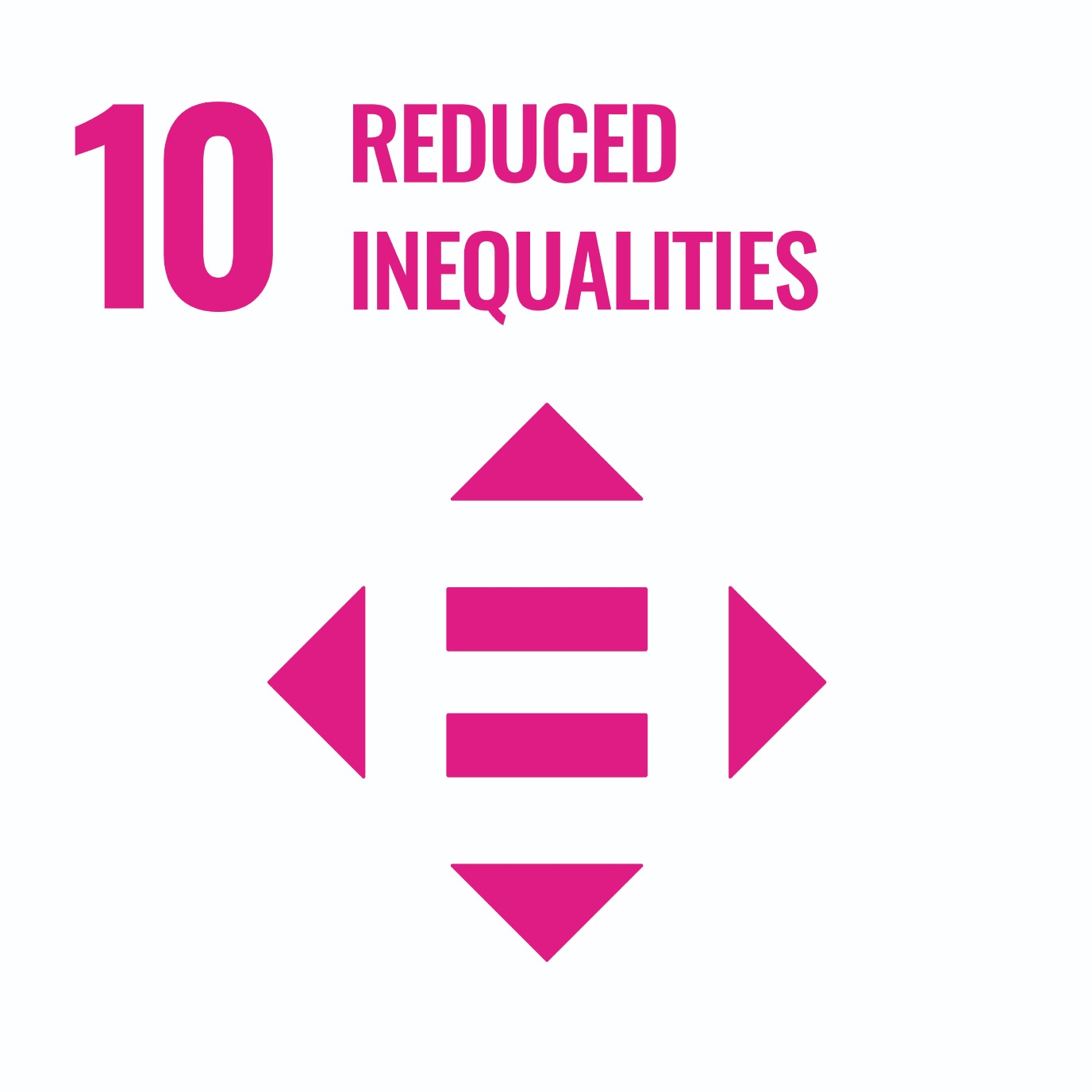
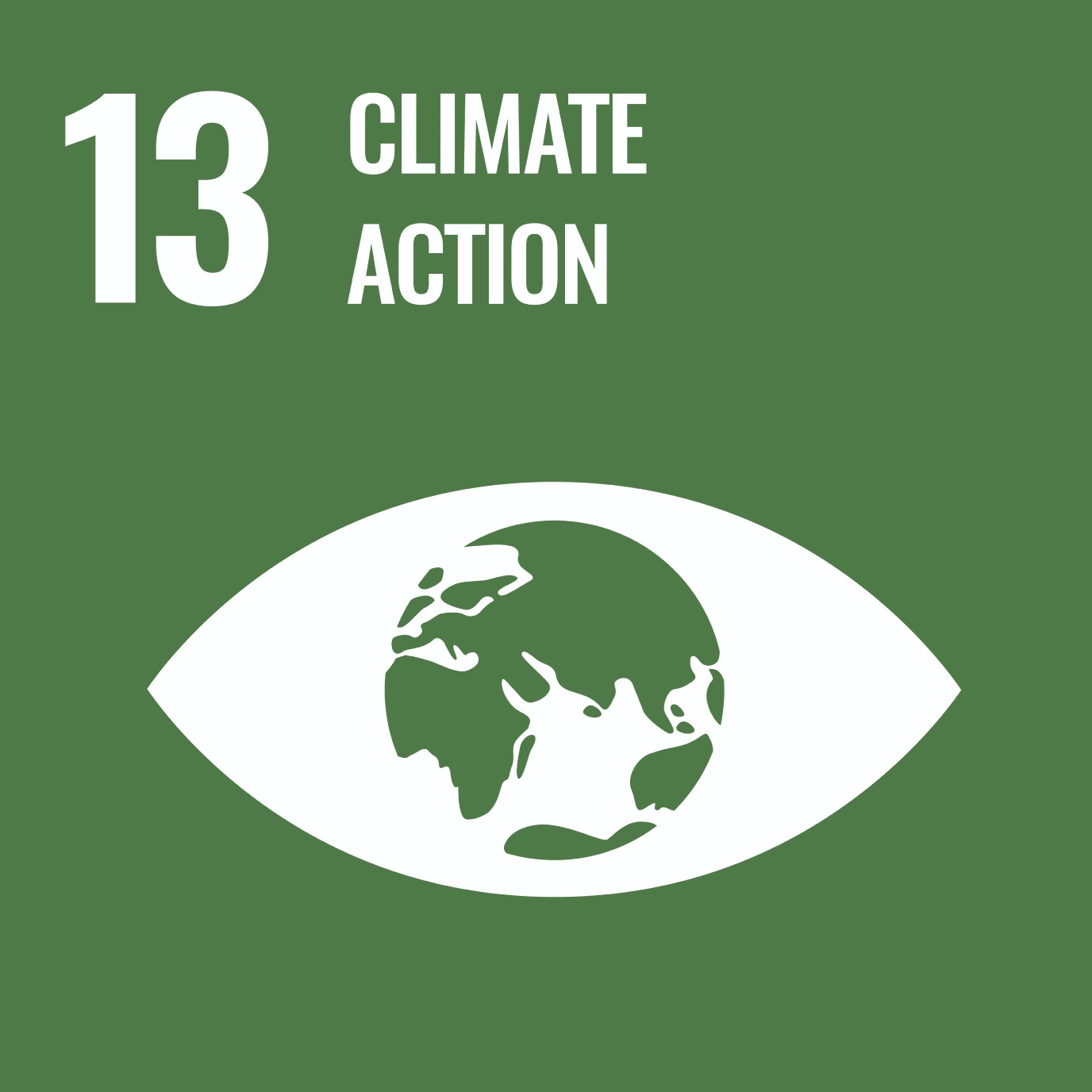
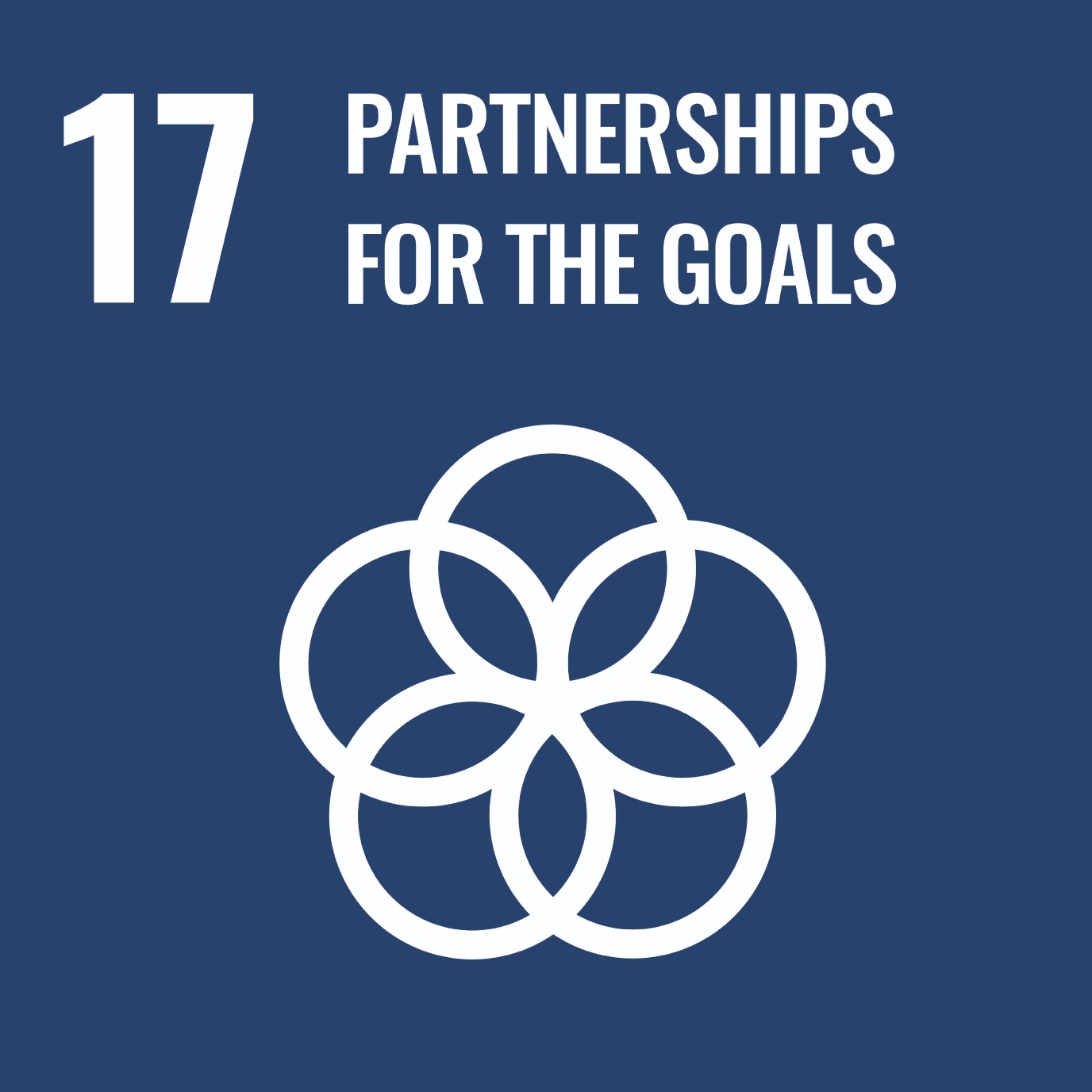
Summer Schools
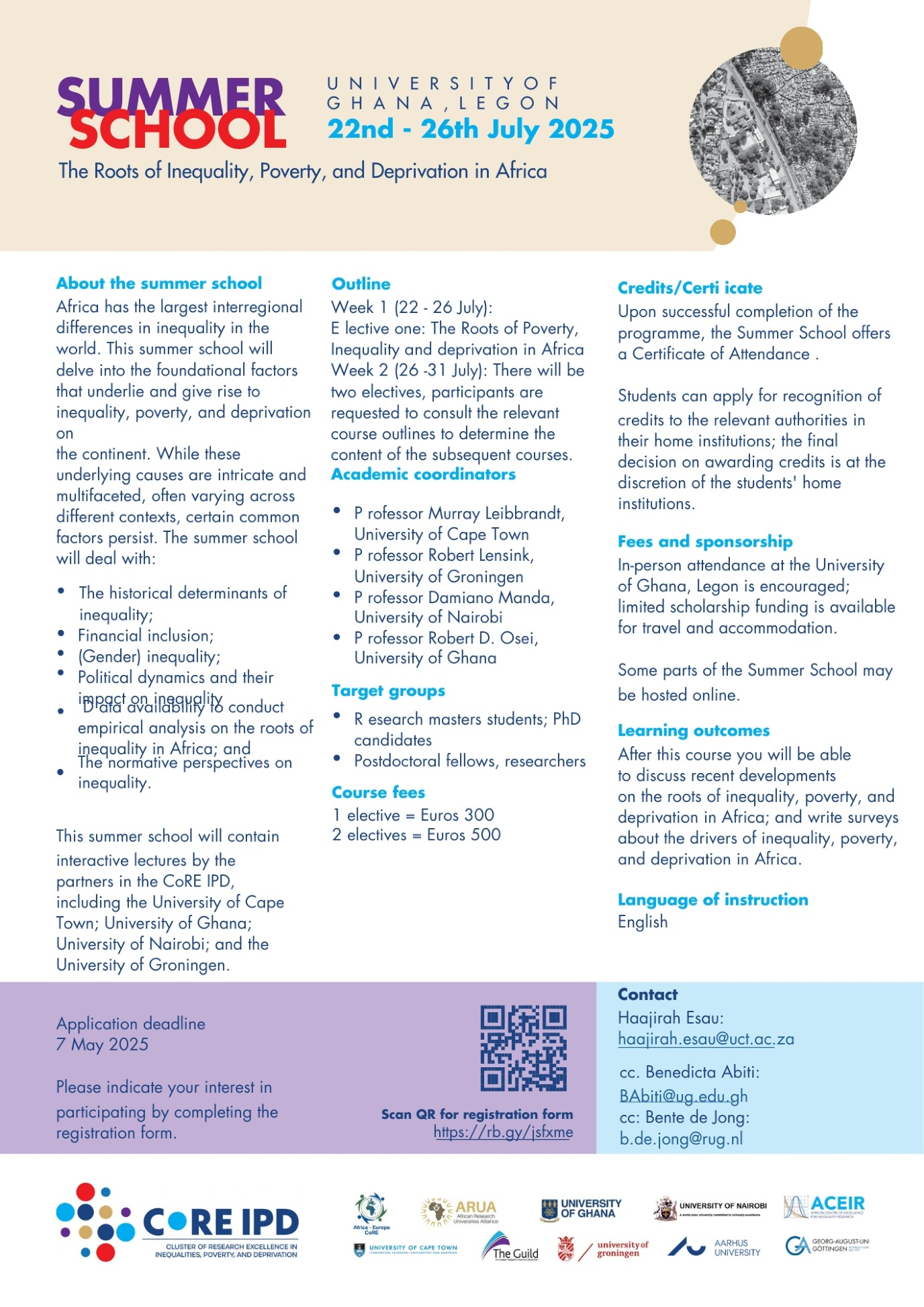
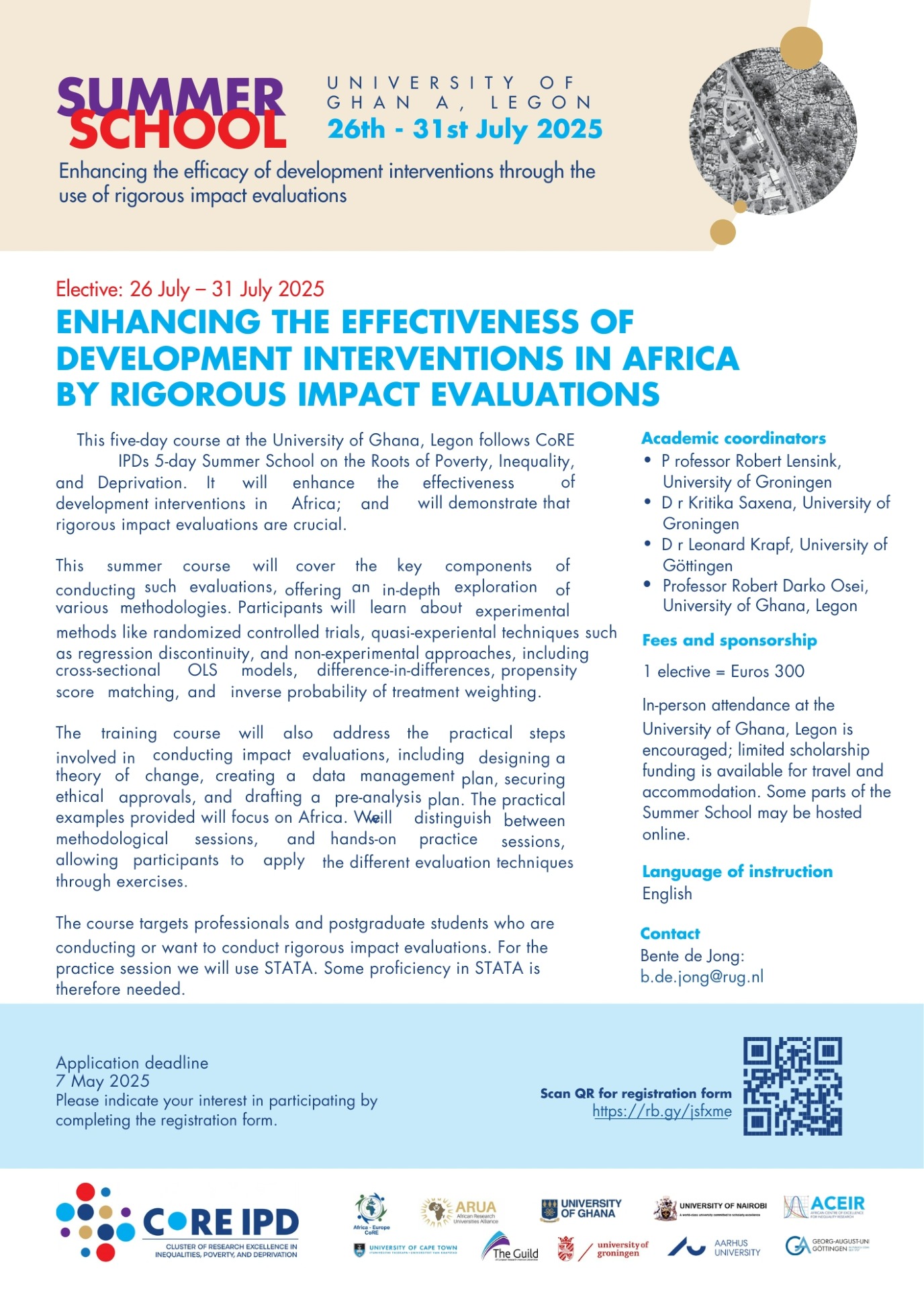
Workshop Finance and Development

Financial systems are developing rapidly around the global South. These developments increase the need for research into their effects,especially regarding issues of financial inclusion. To this end the Faculty of Economics and Business (theme: Sustainability and Future Prosperity) and the Rudolf Agricola School for Sustainable Development of the University Groningen will host the seventh annual workshop “Finance and Development” in Groningen, The Netherlands, on May 8 and May 9, 2025. The workshop is co-organised by the Kiel Institute for the World Economy, and the Cluster of Research Excellence in Inequalities, Poverty and Deprivation (Core-IPD).
The keynote speaker is Jonathan Morduch (NYU Wagner Graduate School of Public Service).
We invite submissions for papers focusing on financial decision-making in developing countries. This year’s workshop will specifically highlight research related to Africa. Topics of particular interest include:
● Household and SME finance
● Financial inclusion of households and enterprises
● Microfinance, banks, and non-bank financial intermediaries
● Political economy aspects of the financial sector
Papers will be selected by the program committee members Thorsten Beck (European University Institute), Xavier Giné (World Bank), Stefan Klonner (Heidelberg University), Robert Lensink (Groningen University), Lukas Menkhoff (Kiel Institute), Ugo Panizza (Graduate Institute Geneva), and Lore Vandewalle (KU Leuven). Support for travel and accommodation expenses for presenters may be provided upon request, subject to availability.
Please send full papers together with a binding nomination of the presenter to core-ipd rug.nl by February 7, 2025. Selection decisions will be communicated by March 5. For inquiries, please contact Astrid Bakker at the same e-mail address.
Register for the workshop here: https://forms.gle/FB55eNCiYrfRJAda8
Workshop Programme
|
Schedule |
Presenter/Chair |
Title |
Discussant |
|
May 8 |
Chair (before lunch): Robert Lensink | ||
|
10.30-11.00 |
Coffee/Welcome |
Coffee/Welcome | |
|
11.00-12.00 |
Mark Treurniet (RUG) |
Cultural agency models and intervention effectiveness: Theory and experimental impacts of an empowerment training |
Lore Vandewalle (KU Leuven) |
|
12.00-13.00 |
Lunch |
Lunch | |
|
May 8 |
Chair (after lunch): Lukas Menkhoff | ||
|
13.00-14.00 |
Sandrine Kablan (UPEC) |
Bank stability, bank business model and the financial resource curse |
Asad Rauf (RUG) |
|
14.00-15.00 |
Tulio Bouzas |
Tax Compliance and Payment Methods |
Stefan Klonner |
|
15.00-15.15 |
Coffee |
Coffee | |
|
15.15-16.15 |
Arnaud Schuele |
How do Impact Investors Compare to Traditional Funders? Insights from Africa |
Sandrine Kablan |
|
16.15-17.30 |
Jonathan Morduch |
Keynote: A Theory of Financial Inclusion |
Robert Lensink |
|
18.00--- |
Diner |
Diner | |
|
May 9 |
Chair (before lunch): Lore Vandewalle | ||
|
8.30-9.00 |
Coffee |
Coffee | |
|
9.00-10.00 |
Lukas Menkhoff |
Scaling financial intermediation among micro entrepreneurs: A randomized saturation experiment |
Kristina Czura |
|
10.00-11.00 |
Mohamed Abouaziza |
The Supply Side of Access to Finance: Evidence from Loans to Agricultural Firms in Four African Countries |
Lukas Menkhoff |
|
11.00-11.15 |
Coffee |
Coffee | |
|
11.15-12.15 |
Daniel van Hemert |
Navigating uncertainty: informal financial institutions in conflict zones |
Kritika Saxena |
|
12.15-13.15 |
Lunch |
Lunch | |
|
May 9 |
Chair (after lunch) Stefan Klonner | ||
|
13.15-14.15 |
Lisa Spantig |
The effects of information sharing on moral hazard in credit markets: Evidence from a randomized evaluation in the Philippines* |
Calumn Hamilton |
|
14.15-14.30 |
Coffee |
Coffee | |
|
14.30-15.30 |
Miri Stryjan |
The Anatomy of Collective Decision making -- Voice and Choice in a Public Goods Game in Malawi |
Annika Mueller |
|
15.30-16.30 |
Mikael Paaso |
Cross-Product Spillovers in Attitudes Towards Finance |
Anna Minasyan |
|
18.00----- |
Diner (own cost) | ||



